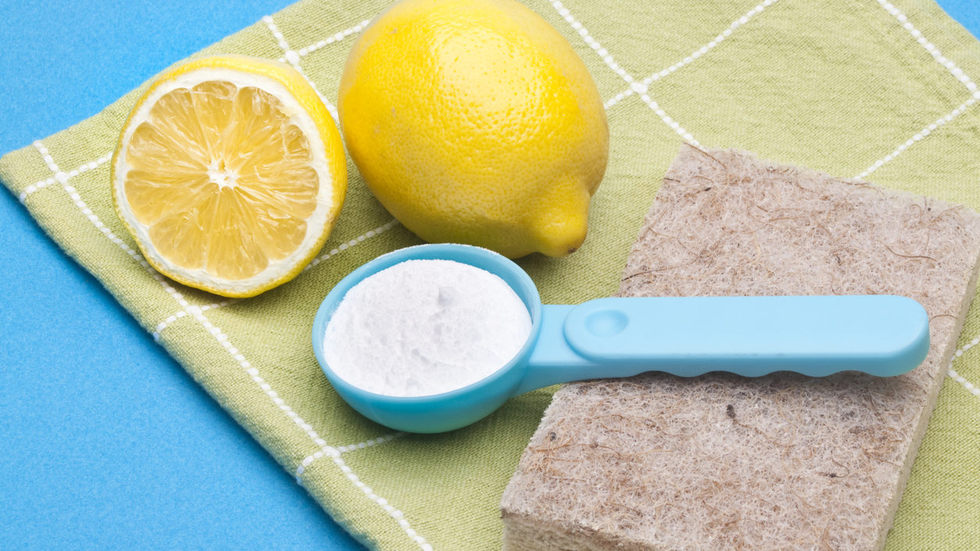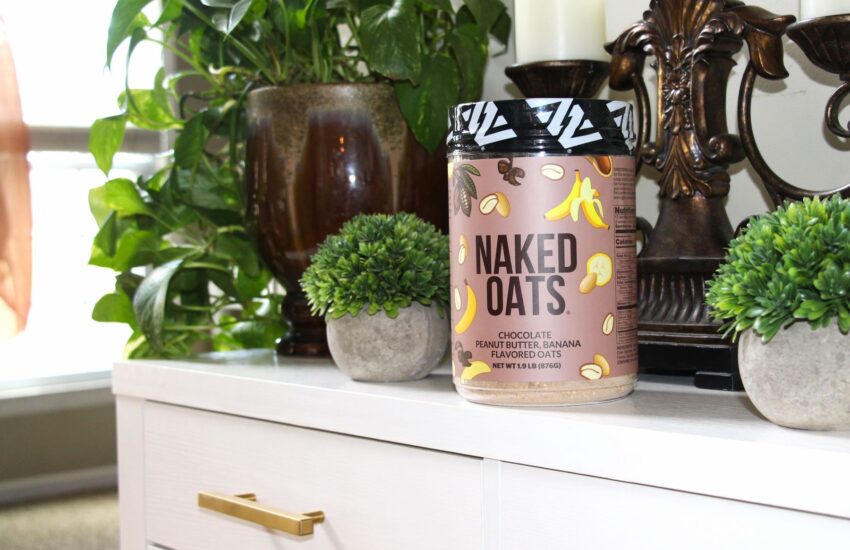The Importance of Clean Air In the Home

As a nation, we are a little obsessed with water purity – as evidenced by the sheer amount of bottled water that is sold on a weekly basis all across the country. But it’s strange that we don’t have the concerns about the air that we breathe – which is equally, if not more so, important.
There is a growing amount of research that the dirty air we breathe outside is responsible in part for many different health conditions. It’s becoming common knowledge, too, and when we return home after a day out in the polluted city, we are all likely to breathe a sigh of relief in the belief that the air in your home is clean. But is it?
There are many different things we do in the home that means our living spaces don’t contain the clean air that we might think. And the impact of poor air quality at home can be dramatic. More people than ever are developing asthma or asthmatic conditions. And the scary truth is that in many cases, indoor air is of a worse quality than outdoor. With this in mind, it’s vital to take steps to ensure your house is home to air that is as clean as possible. Here are some suggestions that should help.

Increase the ventilation
First of all, don’t make the mistake that closing your windows will keep dirty, polluted air out of your home. It won’t. In fact, you are far better off increasing the ventilation instead of decreasing it. Something like trickle ventilation – which filters air at the same time as making it travel through the home – can be effective. The more air that can escape, the fewer pollutants will start to cling to your possessions and hang in the air.
Watch out for damp
Not all pollutants come from outside. A touch of damp in your home can lead to mold developing – including black mold. The spores of the black mold eventually get into the air stream and can cause all manner of illnesses, and exacerbate the symptoms of people in your household who suffer from breathing conditions. It’s a good idea to seek out professional mold remediation if you have a significant problem, and always check your walls, floorboards, and ceilings for signs of damp or leaks.

Stop using chemicals
The chemicals most of us use to clean the home are also a huge culprit for affecting air quality. Try using natural cleaners instead – you can even make your own – and whenever you are cleaning or vacuuming in the house, ensure there is a draft to carry out any pollutants.
Who is most at risk?
While most adults can deal with the coughs, sniffles, and sneezes that can arise through breathing poor quality air at home, not everyone is quite so lucky. Young lungs are at an incredible risk, so if you have a baby at home, please be careful – poor quality air could affect them for the rest of their life. It’s the same if you are a senior, or live with older relatives. Again, their lungs and breathing system are less robust than the average adult, and poor quality air could cause them endless problems. Don’t underestimate the risk – particles of pollutants have been blamed for everything from nausea through to liver, kidney and central nervous system damage.


Indoor air quality is a huge deal! ‘Sick building syndrome’ is a real thing and it can happen in your house too.There’s also chemicals that can seep out of wooden fixtures when they start drying out. Luckily there’s a lot you can do to fix this by using an air purifier or picking specific house plants. NASA did a study on plants that can remove some of these chemicals from the air. It’s definitely worth taking a look at that study on Google or Wikipedia. Be sure to be aware of which ones are toxic/non-toxic for pets before you bring them into your home
The segment of your article that talked about how easily mold can grow in your house was really shocking. We’ve noticed some weird stains in our bathroom and kitchen that aren’t easily removed by our usual methods and wondered if this was anything serious. Reading your article has convinced me that I need to find a mold restoration company to stop those spores from forming and that I should keep your advice handy for the future.